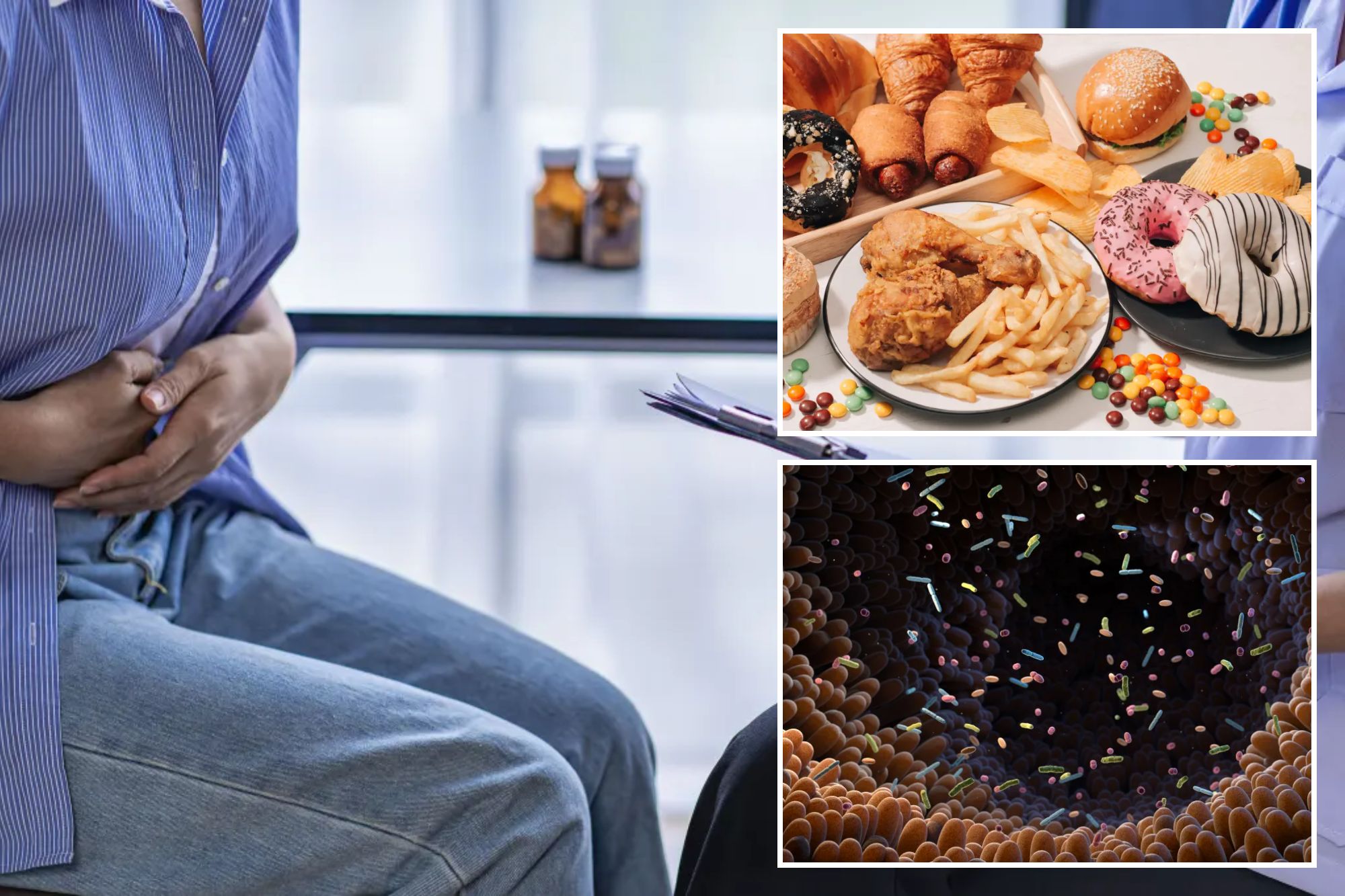
Cancer experts are searching for an explanation for the grim upward trend in cancer rates among young people.
A study published in JAMA Network Open last year found that cancer diagnosis rates among 30-somethings increased almost 20% between 2010 and 2019, with most of the increase occurring in women.
Gastrointestinal cancers – including bowel, colon, colorectal, appendix, bile duct and pancreatic cancers – increased by a staggering 15% during the study period, making them the fastest growing types of cancer.
And according to the American Cancer Society, 20% of new colorectal cancer cases in 2019 were in people younger than 55, up from 11% in 1995.
Some experts and studies suggest that the rise in bowel cancer diagnoses is partly due to a fiber-deficient Western diet that favors ultra-processed foods (UPF).
Research has suggested that a high intake of dietary fiber may lower the risk of several types of cancer, including esophageal, stomach, colon, and rectal cancer.
But what about young people who already follow a healthy diet?
Speaking to the Daily Mail this week, UK cancer specialist Karol Sikora admitted that junk food and UPF could be factors, but said c.putting them as the sole source of increased cancer rates is too “simplistic”.
Sikora says the real reason remains elusive and is likely multifaceted, “It doesn’t seem to be particularly related to obesity. There is no difference in increased cancer rates with early-onset vegetarians, which is part of the puzzle.”
Sikora suspects that a change in the new generation’s gut bacteria and other microorganisms living in the gut may be to blame.
“A healthy microbiome is critical to preventing bowel cancer. Intestinal cells bathe in products made by bacteria 24/7,” he explained to the Daily Mail. “So it would not be surprising if certain changes resulted in a higher or lower incidence of colon cancer.”
However, as Sikora points out, establishing this correlation is difficult, “The problem with analyzing it is that there are so many factors that affect the microbiome: diet, alcohol, the way you cook food.”
London-based oncologist Hendrik-Tobias Arkenau said that the most worrying consequence of this increase in youth cancer is that many patients are diagnosed in the last or even terminal stages of the disease.
He asks: “Who thinks a 35- or 42-year-old has bowel cancer if he has abdominal pain, weight loss, some blood (in his stool)?”
Arkenau supports the microbiome theory, also citing childhood antibiotic use, changes in diet, vitamin intake and breastfeeding failure rates as possible contributing factors.
“There is not one clear thing,” he told the Daily Mail. “I think it’s multi-factorial and there are other aspects like lowering vitamin D levels.”
Nearly 35% of US adults are vitamin D deficient, with some studies suggesting a link between low vitamin D levels and an increased risk of certain cancers.
Arkenau says that while there is no clear answer to why cancer is emerging at such alarming rates in young people, health care providers can be on the lookout for symptoms related to.
“If someone comes in and says, ‘I’ve lost weight, I’ve had a little blood, a little belly,’ it’s not always irritable bowel syndrome, it’s not always appropriate to say, ‘Come back in three months and get checked,'” he said. .
#easy #explanation #rise #cancer #rates #among #young #people
Image Source : nypost.com